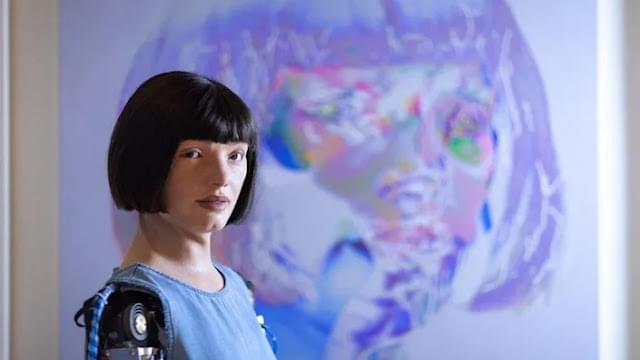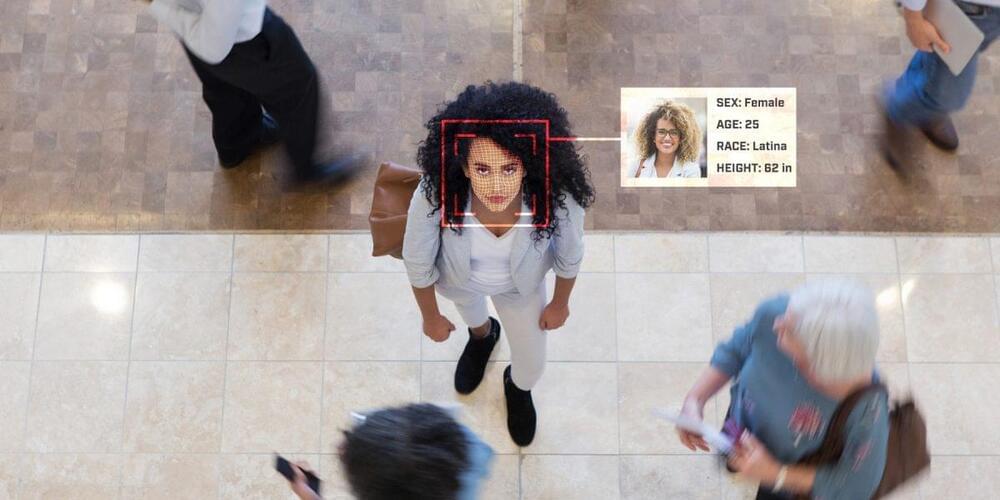In recent years, the continued exploitation of natural resources and depletion of our forests has been a major issue, to say the least. The fight for sustainability has become increasingly important as we face the challenge of climate change and its effects on our planet. One possible solution to this problem is to use artificial intelligence (AI) to help increase sustainable logging practices.
Beyond data science, AI can be used in conjunction with autonomous robots that are specially designed for forestry work which may provide an answer for this global problem. AI can be applied specifically to logging operations such as planning where trees should be cut down and predicting the best time of day for cutting trees so they do not disrupt nesting birds or other animal habitats.
Full Story:





